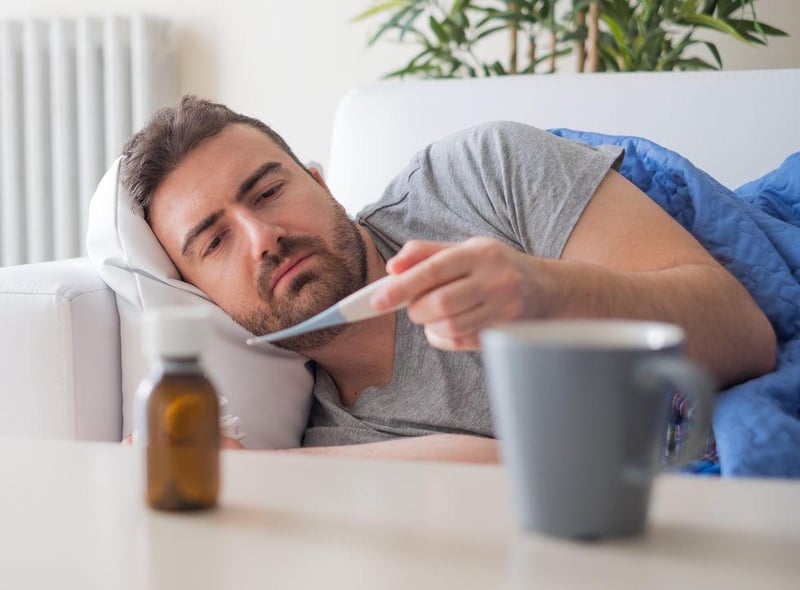Get Healthy!

- Robert Preidt
- Posted November 8, 2021
Your Expectations Could Shape Your Odds for Vaccine Side Effects
When it comes to a COVID-19 shot, fear might be a self-fulfilling prophecy.
A new study found that folks who worried about possible side effects after vaccination were more likely to actually experience those side effects.
Along with explaining why some people feel poorly after getting a jab, the findings may also help guide efforts to convince hesitant people to get vaccinated.
Previous research has shown that psychosocial factors can affect the success or side effects of certain treatments, but this is the first to investigate that link in regard to COVID-19 vaccines.
The study included 551 unvaccinated U.S. adults who were asked about their expectations for seven common vaccine side effects widely publicized by the U.S. Centers for Disease Control and Prevention: pain at the injection site, fever, chills, headache, joint pain, nausea and fatigue.
The participants also provided sociodemographic information and were assessed for symptoms of depression and general worry about the pandemic.
Over the next three months, the researchers followed up with the now-fully vaccinated participants to find out which of the seven side effects they experienced.
"We found a clear link between what people expected and what they experienced," study co-author Kelly Clemens, a doctoral student studying experimental psychology at the University of Toledo in Ohio.
"Those psychological factors are predictive over and above the other factors that we knew were involved in predicting side effects, such as the specific vaccine someone received, their age or whether they previously had COVID-19," Clemens said in a university news release.
The study was published online Nov. 4 in the journal Psychotherapy and Psychosomatics.
"It's important to see how psychological variables may be correlated to how people respond to these vaccines," said lead study author Andrew Geers, a professor in the University of Toledo's Department of Psychology.
"Our research clearly shows that people who expected symptoms like headaches, fatigue or pain at the injection site were much more likely to experience those side effects than those who did not anticipate them," Geers said in the release. "If we're able to reframe and think about side effects differently, it might reduce the experience of side effects."
More information
The U.S. Centers for Disease Control and Prevention has more on COVID-19 vaccines.
SOURCE: University of Toledo, news release, Nov. 4, 2021




